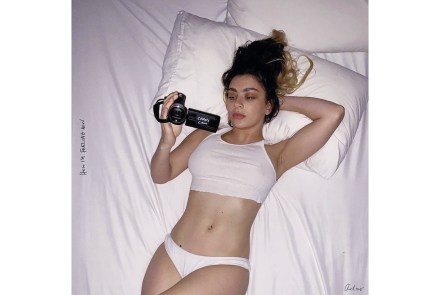The summer of Brat
The singer Charli XCX (or ‘Ninety Ten’ as my husband insists on pronouncing it) has endorsed Kamala Harris, in a way. ‘Kamala is brat,’ she tweeted. Since the slippery meaning of brat includes elements of dirtiness, drunkenness and hedonism, it might not define all that Americans want in a president. Not that Charli is American. She was born in Cambridge (England, not Massachusetts), given the names Charlotte Emma and went to a private school in Bishop’s Stortford. Her album brat came out in June, with a lime-green cover and the name in fuzzy type. She has characterised brat as ‘trashy… a pack of cigs, a Bic lighter and a strappy





